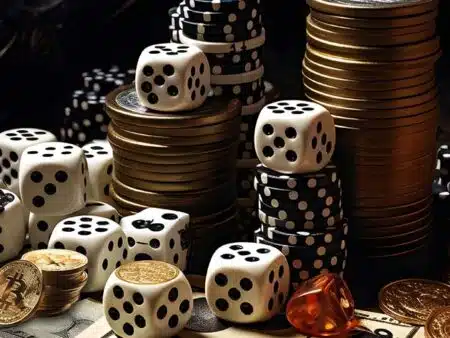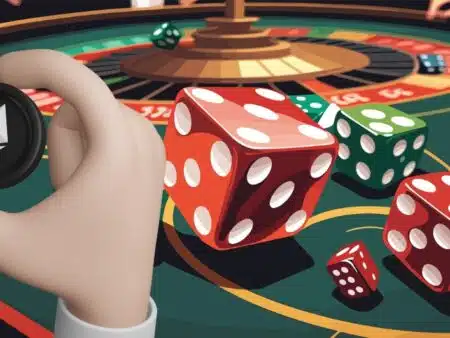

The origin of the roulette game can be traced to France. A French physicist invented the game, and it has now become one of the most popular games played in casinos worldwide. The playing formula has almost remained intact since its inception, although we have witnessed some variations over the time that ultimately led to the two different formats in the Roulette: American Roulette and European Roulette. While the former has 38 pockets, the latter consists of 37 pockets.
The house edge is also significantly different in American and European Roulette, with former providing an upper hand to the house in terms of winning chances. Despite these differences, the rules of the game are quite similar throughout the globe. It is important to know that Roulette is a game of chance, and no matter how much we want to believe that skills play a significant role here, the reality is quite the opposite. The results of the game are dictated by the probability, although a bettor can use some strategies to enhance his/her winning efficiency.
Types of Roulette Bets
Primarily, roulette bets can be divided into two types: inside bets and outside bets. Inside bets mean bettor is making bets for the grid, which is inside the roulette table. The bets require a high wager, and as a result, these have high risks associated with them. Consequently, the winning prize is also substantial, and the large money prospect attracts many players to go for the inside bet. Outside bets, on the other hand, pertains to pockets outside the roulette wheel. The outside pocket contains large numbers, which means the probability of winning is on the higher side. Most bettors like to wager on outside as risk involved here is lower, although payouts are also equally humble.
Role of mathematics
It has been a matter of great debate about whether mathematics can help you to win big in Roulette. One needs to understand that there is a little impact of mathematics on the outcome of the game. A random number generator generates figures, and there is hardly any principle of the arithmetic that can help you to make more efficient bets.
Still, there are other strategies that you can employ to play efficiently. First of all, you need to understand the game well by comprehensively understanding its variations, pressure points, staking process, etc. You can take the help of the tutorials which are easily available online and then practice the important points in order to master the rules of the game. Keep in mind that the house always has an edge, which means that the dealer has better chances of winning than players.
It is also important for you to start small and then gradually increase your bets as you come to grips with the game. Experience makes a lot of difference and significantly decides your winning probability in the Roulette. You should also leverage the offers like a free bonus, signup bonus, and other freebies offered by casinos nowadays to lure players. It will also be beneficial if you choose a reputed casino as reputable names bring transparency, security, and authenticity to the table. Finally, you should be careful about not getting addicted to betting. Trying Roulette or any other form of gambling for the fun and entertainment is alright, but if it gets converted into an addiction, then it will have serious consequences for your personal and professional life.
Conclusion
It is very hard to establish any connection between the application of mathematics and higher winning chances in the Roulette. You can improve your margin of winning only by understanding the game well and gaining experience over time. Applying the rational approach while utilizing the logic at your disposal can help you to maximize your chances of winning in the game.







